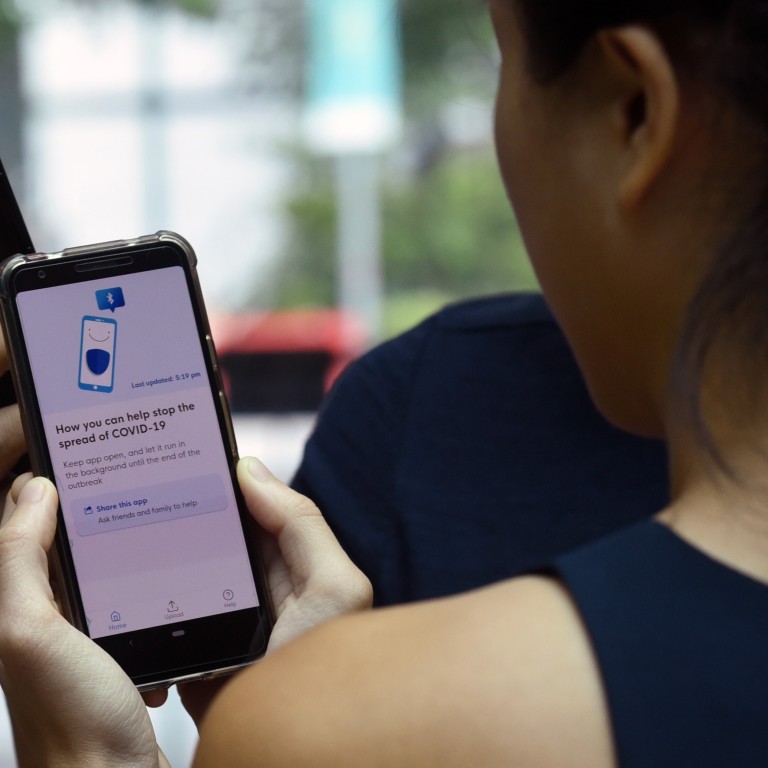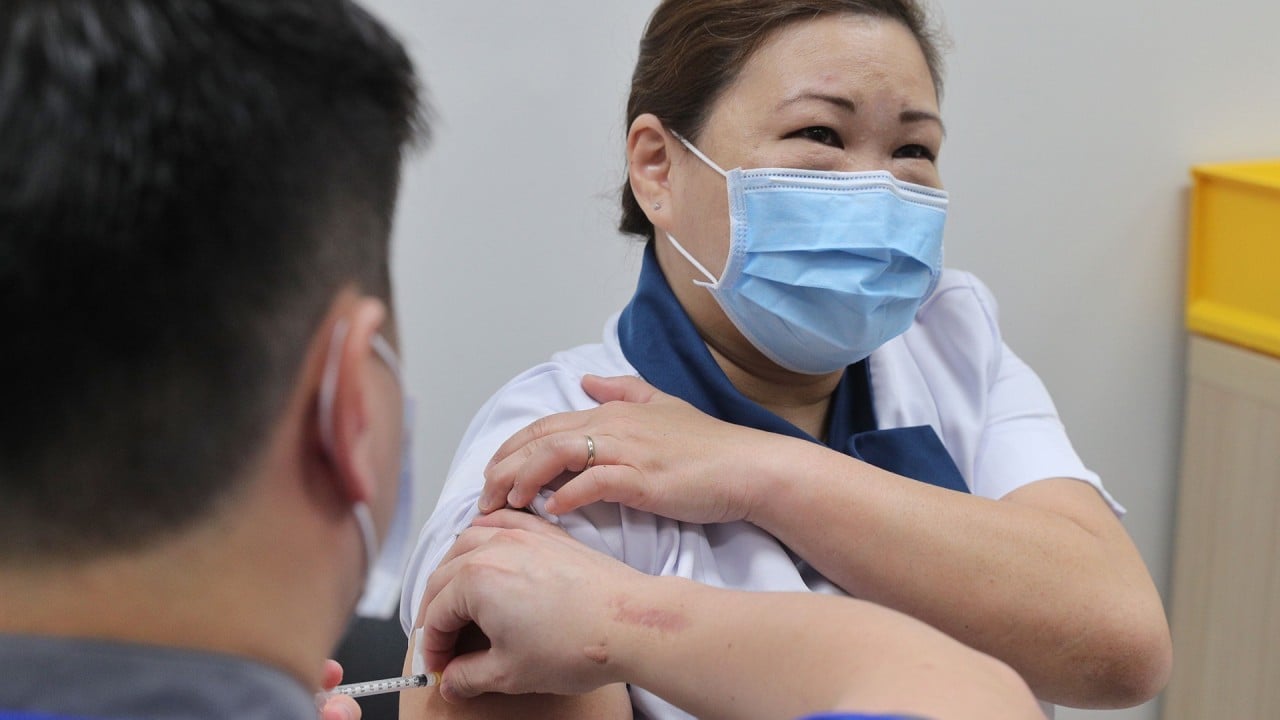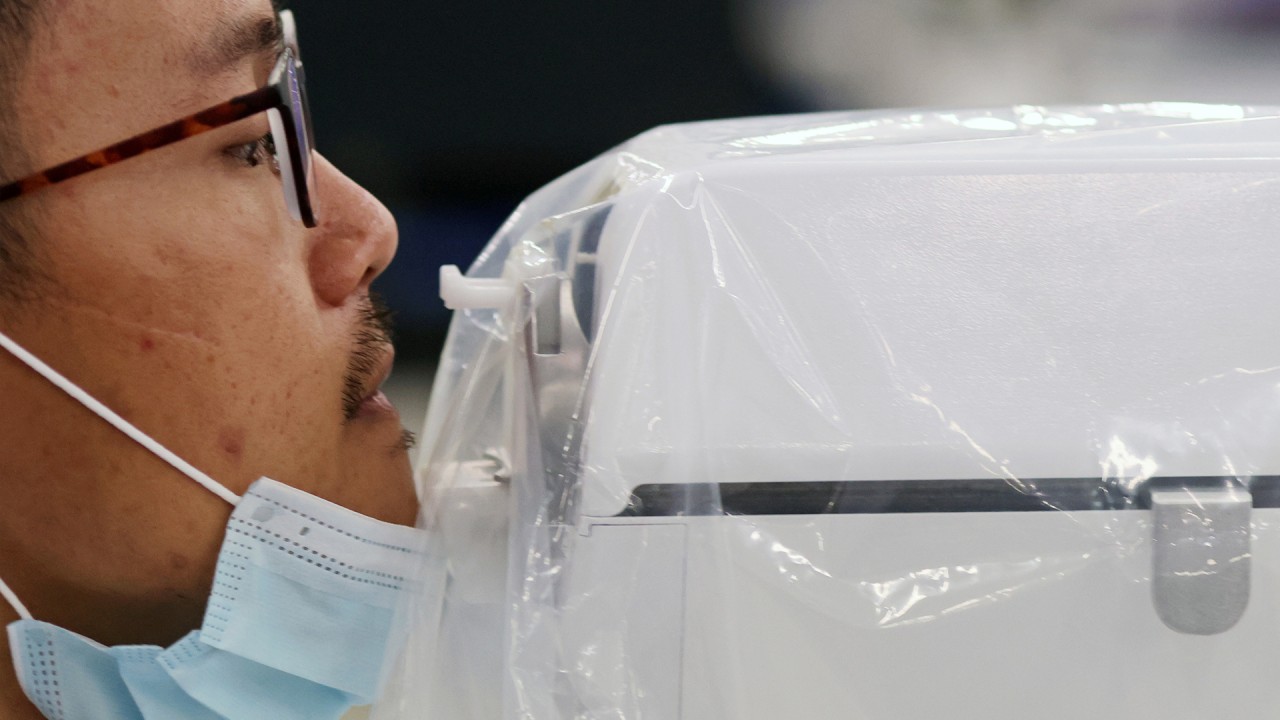
Coronavirus: Singapore limits police use of TraceTogether contact-tracing data to seven types of criminal offences
- Law enforcement agencies will only be able to access data from the app for seven types of cases, including terrorism, murder and rape
- News that police had access to the data had caused a public outcry, as the government had previously said app would be used only for contact tracing
Under the new bill, all government agencies – including law enforcement – would be able to access the data from the TraceTogether app only for contact tracing or for investigating seven types of criminal offences. The bill also requires lawmakers to return to parliament should they wish to expand the number of scenarios in which data can be accessed.
Coronavirus: TraceTogether data used in murder case, Singapore minister says
That disclosure had sparked an outcry from the public, who had previously been told the data would be used only for contact-tracing purposes. Critics said the police’s use of the data was an invasion of privacy and a breach of trust in the government.

02:03
Singapore begins national Covid-19 vaccination programme
Vivian Balakrishnan, foreign minister and minister-in-charge of the Smart Nation Initiative, said in parliament he took “full responsibility for this mistake” and he deeply regretted the anxiety caused. “Perhaps I was so enamoured by what I thought was the ingenuity and brilliance of this that I got blindsided,” he said.
“In a sense, my own enthusiasm for the technology blindsided me.”
He stressed that the government was not trying to create a “surveillance tool”, and that he was only made aware that TraceTogether data could be used by the police at the end of October, when a member of the public wrote to him.
Balakrishnan said under the new rules offences must be of “significant severity” or pose an imminent threat to life or public safety and come under one of seven categories: terrorism, murder, rape, kidnapping, weapons, drugs and escapes from custody.
Government and law enforcement officers who breach the guidelines face a fine of up to S$20,000 (US$15,000) and/or a jail term of up to two years.
Pritam Singh, the Leader of the Opposition, said the government’s admission was “belated”, and that Singaporeans would find it unfathomable that a “largely efficient government machinery” did not consider that TraceTogether data was not exempt from the Criminal Procedure Code, which had allowed police to access the data in the first place.
“They believe the government did not do its homework. While there was no dishonesty or malice, there was a lack of care or diligence in accurately communicating the potential use of data collected,” he said. “Whatever the view, it is apparent that the government’s handling of this matter has eroded trust from some members of the public.”

01:48
Singapore’s Covid-19 swab test robot helps reduce infection risk for health care workers
Singh questioned whether using data from the app was vital for solving the seven categories of crimes, given the other investigative options at the police’s disposal. Other opposition politicians also expressed scepticism and said the categories should be more precisely spelt out.
While the Workers’ Party was prepared to support the bill, Singh called on the government to be open about the data it collected without prompting from the public to ensure the integrity of its processes. He said the authorities should reassure residents that rigorous checks were in place to protect them from the misuse of their personal data. Some Singaporeans, he said, had “residual concerns” over privacy.
Why aren’t Singapore residents using the TraceTogether contact-tracing app?
Balakrishnan said there were other safeguards in place. Data was encrypted and was purged automatically after 25 days, he said, stressing that the “extraordinary times” of this pandemic called for exceptional measures.
Balakrishnan said Singaporeans had the option to write in to request their data be erased, and 350 residents had done so last month.
“We are introducing this bill urgently to remove any doubt among Singaporeans, and to assure everyone that data will be properly safeguarded and used only for appropriate purposes, so that we may continue to focus our attention towards battling this clear and present threat,” he said.

